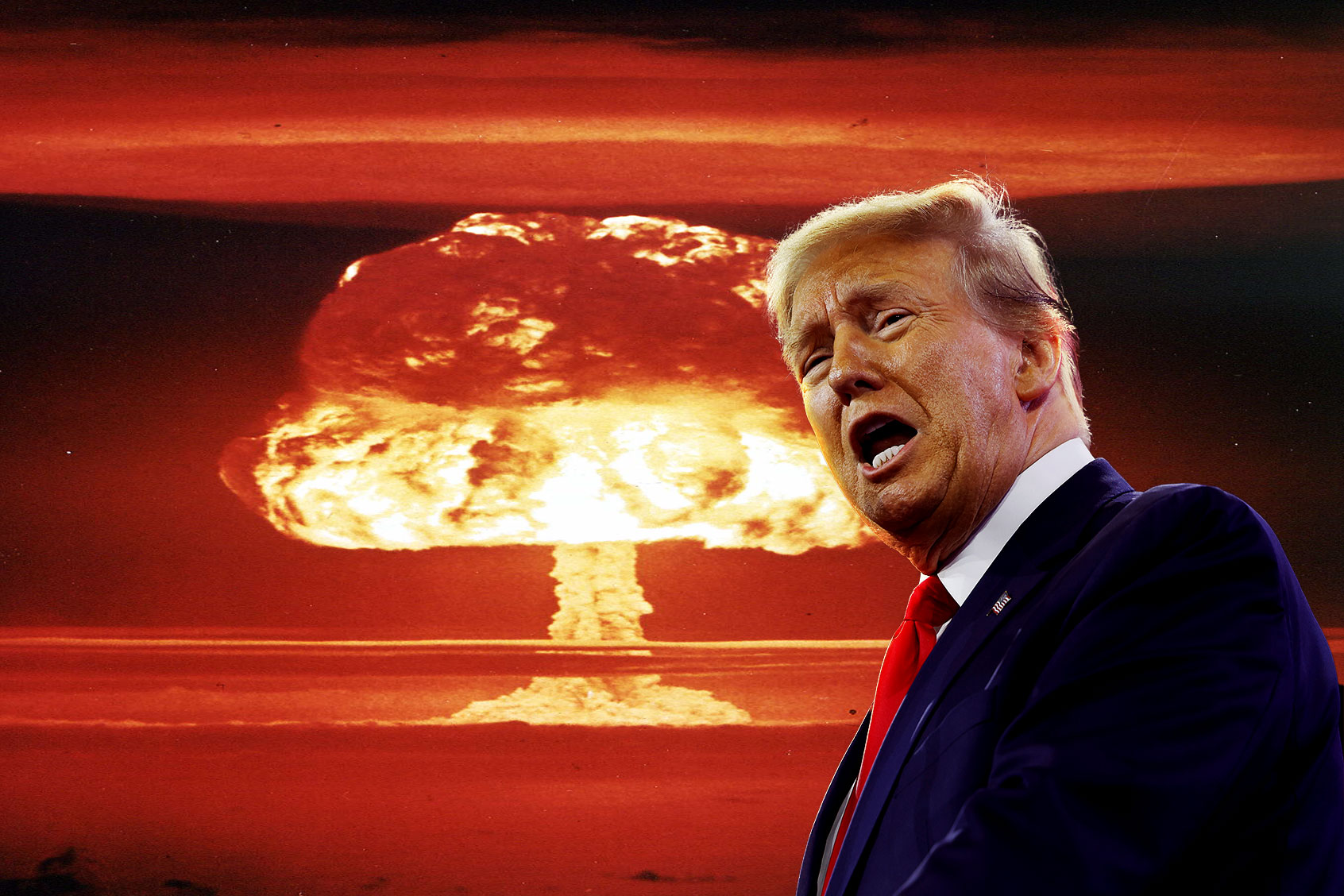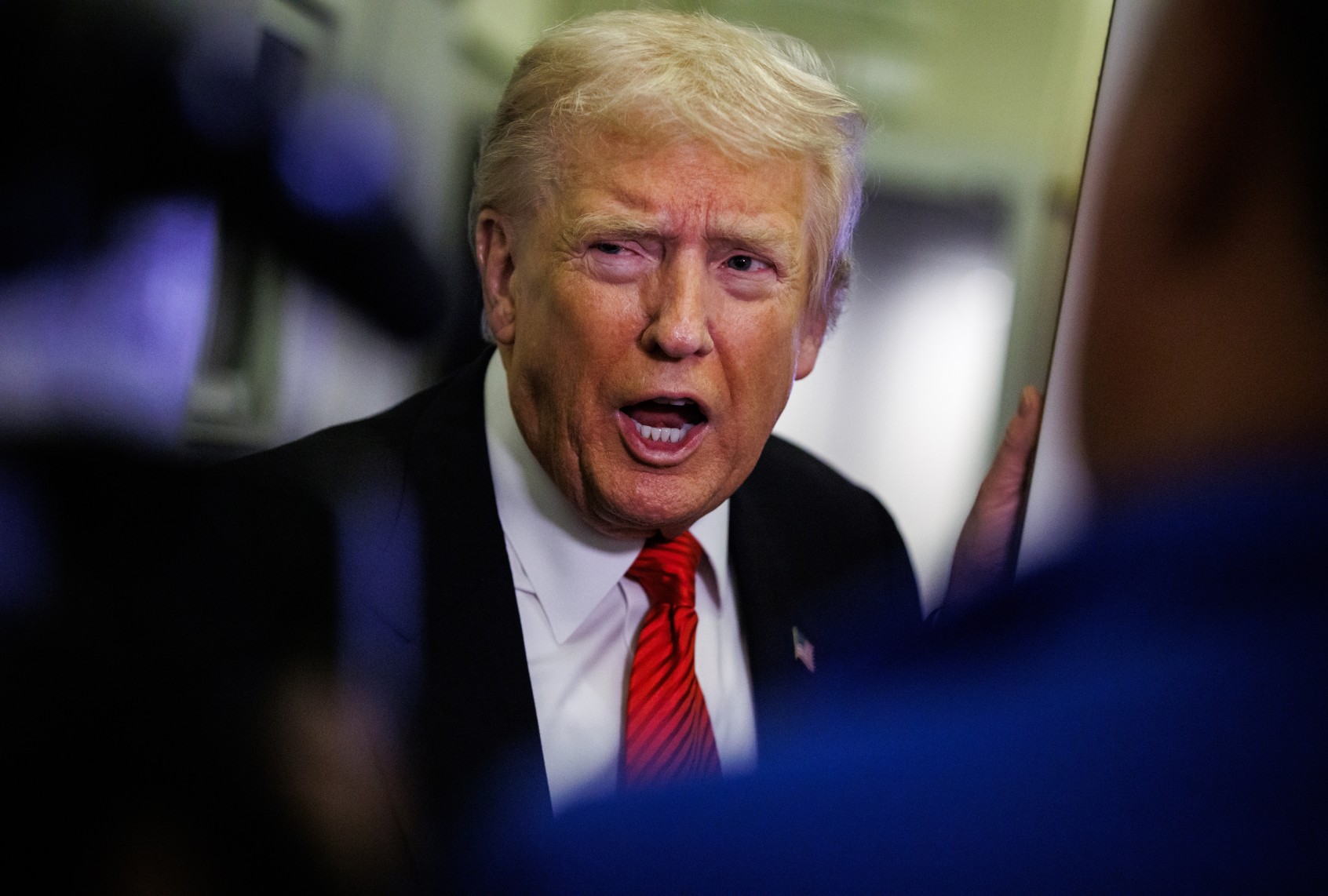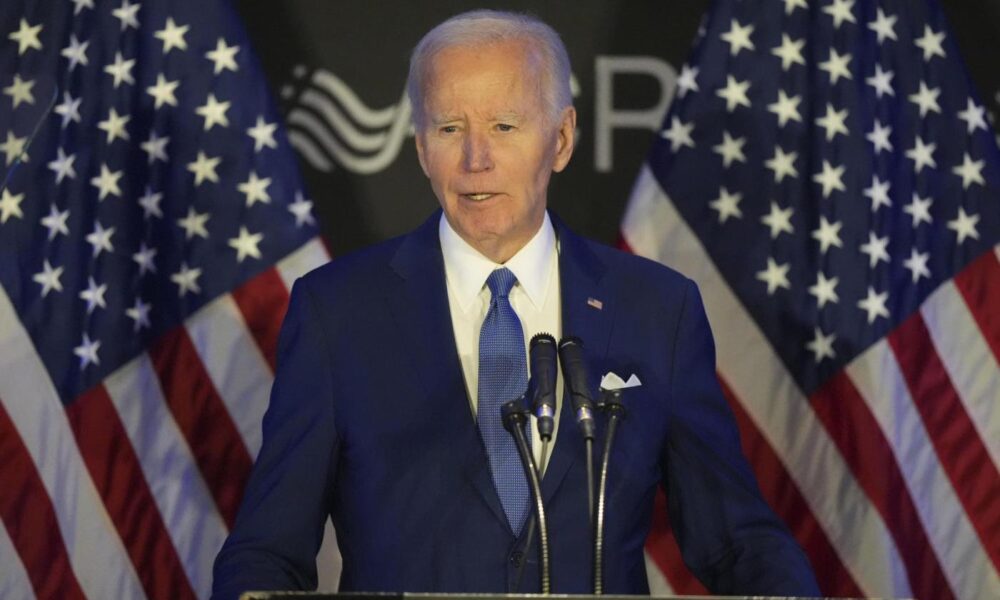In a surprising announcement, President Donald Trump declared his intention to resume nuclear testing, reversing a three-decade moratorium. This statement, made during his recent trip from Asia, raises significant concerns and questions about the implications for international security and U.S. nuclear policy.
While addressing the press, Trump asserted that his decision was prompted by the ongoing nuclear tests conducted by other nations. However, this claim is misleading, as North Korea remains the only country to have conducted nuclear tests in recent years. Other nuclear powers, including the United States, have refrained from such tests since the late 1990s. Trump’s assertion appears to stem from a misunderstanding of current global nuclear activities.
Concerns About Misguided Decisions
The announcement has drawn criticism, particularly given Trump’s previous statements and lack of understanding regarding nuclear weapons. During a Pentagon briefing, he reportedly expressed confusion about the reduction of the U.S. nuclear arsenal, failing to recognize the successful arms control agreements established over the last 50 years.
Trump’s history with nuclear issues includes a pattern of troubling remarks. In past interviews, he has indicated a desire to utilize nuclear weapons and has questioned why the U.S. does not produce new nuclear arms. His comments reflect a shallow grasp of the complexities surrounding nuclear policy, further compounded by his reliance on familial connections, such as his late uncle Dr. John G. Trump, a physicist who taught at the Massachusetts Institute of Technology. Trump often references this relationship as evidence of his expertise, yet his understanding remains questionable.
Moreover, Trump’s administration has been characterized by a group of advisors who may advocate for a more aggressive nuclear stance. Elbridge A. Colby, the current Undersecretary of Defense for Policy, previously proposed a strategic posture that suggests a looser nuclear policy. The implications of this stance could potentially escalate international tensions, undermining decades of established nuclear deterrence strategies.
Impacts on International Relations
The timing of Trump’s announcement raises further concerns. Following a recent statement from Russia regarding the testing of a nuclear-powered cruise missile, some speculate that Trump may have misinterpreted the situation as evidence of an imminent threat. This misjudgment could lead to unnecessary escalation and undermine diplomatic efforts with countries like North Korea and Russia.
Critics argue that nuclear testing is not only unnecessary but also detrimental to global stability. Tom Nichols of The Atlantic notes that while nuclear tests may not serve U.S. national security interests, they could heighten international tensions, reminiscent of the Cold War era when such tests were used to demonstrate resolve.
As the world observes Trump’s actions, the potential consequences of resuming nuclear testing could reverberate beyond U.S. borders, impacting international relations and global security frameworks. The apprehension surrounding Trump’s grasp of nuclear policies is palpable, especially since he retains the authority to make critical decisions regarding the nation’s nuclear arsenal.
The overarching concern remains that as Trump continues to wield power, his approach to nuclear strategy may reflect a precarious understanding of international security—a reality that could have dire consequences for the United States and its allies.






